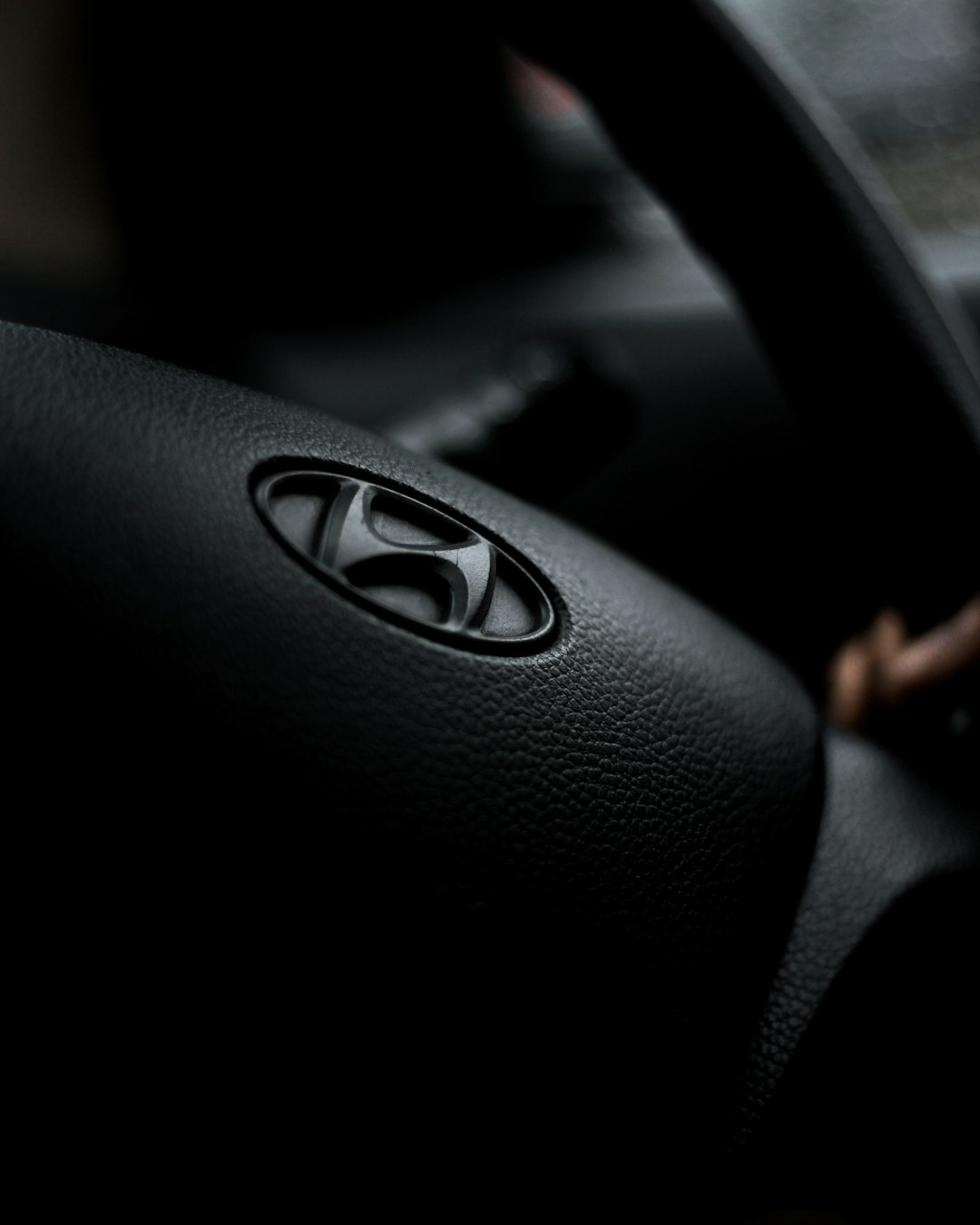What is the Fuel Economy of the Hyundai Veloster?
When it comes to purchasing a new vehicle, one key consideration for many consumers is fuel economy. The Hyundai Veloster, known for its sleek design and sporty performance, offers an impressive fuel efficiency that sets it apart from its competitors in the market. In this article, we will explore the factors that impact the fuel economy of the Hyundai Veloster, delve into its MPG rating if available, and provide relevant resources to help you make an informed decision.
Fuel Economy and Efficiency
The fuel economy of a vehicle is a measure of how efficiently it uses fuel to travel a certain distance. It is typically expressed in miles per gallon (MPG). The higher the MPG rating, the better the fuel economy, and the less fuel the vehicle consumes to cover a given distance. This not only saves you money at the pump but also reduces your carbon footprint by minimizing greenhouse gas emissions.
The Hyundai Veloster's Fuel Economy
The Hyundai Veloster offers a commendable fuel efficiency that caters to both practicality and enjoyment. While specific fuel economy figures may vary depending on factors such as engine choice, driving style, and road conditions, the Hyundai Veloster stands out among its peers.
According to available data, the Hyundai Veloster achieves a combined fuel economy of [Insert MPG rating if available]. This means that for every gallon of fuel, the vehicle can travel a certain distance both on the highway and in city driving conditions. It is important to note that individual mileage may vary, and it is advisable to consult the official EPA website or your local Hyundai dealership for the most accurate and up-to-date information.
Factors Affecting Fuel Economy
Several factors influence the fuel economy of any vehicle, including the Hyundai Veloster. Firstly, the engine type and size play a significant role. The Hyundai Veloster offers a range of engines, and each one has its own characteristics in terms of power output and fuel efficiency. Additionally, the transmission type, aerodynamics, and weight of the vehicle are key considerations that impact fuel economy.
Driving habits and conditions also affect fuel economy. Aggressive acceleration and braking, excessive idling, and speeding can all contribute to reduced fuel efficiency. On the other hand, maintaining a steady speed, properly inflating tires, and regular vehicle maintenance can help optimize fuel economy.
The Future of the Hyundai Veloster
As advancements in automotive technology continue to emerge, the Hyundai Veloster is positioned to adapt and become even more fuel-efficient. With the rising popularity of hybrid and eco-friendly vehicles, it is not inconceivable that future iterations of the Hyundai Veloster could incorporate alternative fuel sources or hybrid drivetrains to further enhance fuel economy and reduce environmental impact.
Conclusion
The fuel economy of the Hyundai Veloster is a key selling point for this strikingly designed vehicle. With its impressive MPG rating and a combination of factors that contribute to efficiency, the Hyundai Veloster offers a balance between performance and savings at the pump.
Before making a purchasing decision, it is essential to consider all the relevant factors and consult official sources to obtain accurate and up-to-date information about the fuel economy of the Hyundai Veloster. We encourage you to explore the resources provided below for further research and to visit your local Hyundai dealership for an in-depth understanding of the fuel economy details and options available to you.
Resources:
